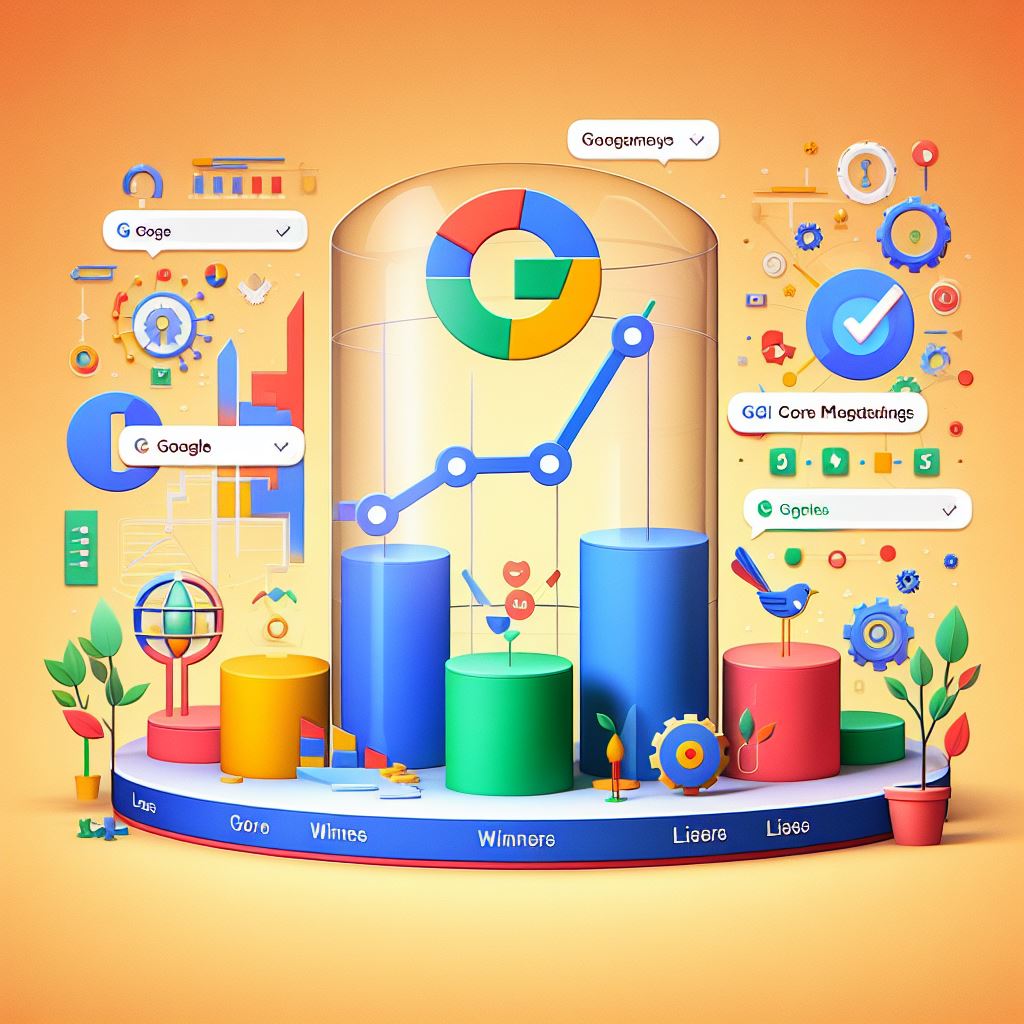SEO and SEM are both important for digital marketing, but they have distinct approaches to attracting website traffic. Here’s a breakdown of the key differences:
SEO (Search Engine Optimization):
- Focus: Focuses on organic search results.
- Methods: Involves optimizing your website and content to rank higher in search engine results pages (SERPs) for relevant keywords. This includes elements like on-page optimization (content, structure, code), technical SEO (website speed, mobile-friendliness), and off-page optimization (link building, brand mentions).
- Cost: Generally considered a cost-effective strategy, although ongoing effort is required for maintenance and improvement.
- Benefits: Increased organic traffic, improved brand awareness, and potentially higher conversion rates.
- Results: Takes time and consistent effort to see significant results.
SEM (Search Engine Marketing):
- Focus: Includes both organic and paid search results.
- Methods: Encompasses SEO practices along with paid advertising platforms like Google Ads (formerly AdWords). You bid on keywords and create targeted ads that appear at the top of search results pages.
- Cost: Can be more expensive than SEO as you pay for each ad click. However, you can control your budget and see faster results.
- Benefits: Drives immediate traffic to your website, targets specific audiences with laser precision, and allows for A/B testing of ad creatives.
- Results: Delivers faster results compared to SEO, but requires ongoing investment to maintain traffic flow.
Here's an analogy:
- Think of SEO as working your way up the ranks in a library by diligently organizing your book (website) and making it relevant to specific topics (keywords).
- SEM is like running a paid advertisement campaign within the library, grabbing attention with eye-catching posters (ads) that direct people to your book (website)
Want long-term organic growth? Focus on SEO! Need immediate traffic & targeted reach? Consider SEM (like Google Ads). The best approach often combines both for maximum impact! @DavidLee
In conclusion:
- SEO is a long-term strategy for building organic website traffic.
- SEM is a broader approach that combines SEO with paid advertising for quicker results.
The best approach often involves using both SEO and SEM together for a comprehensive digital marketing strategy.





